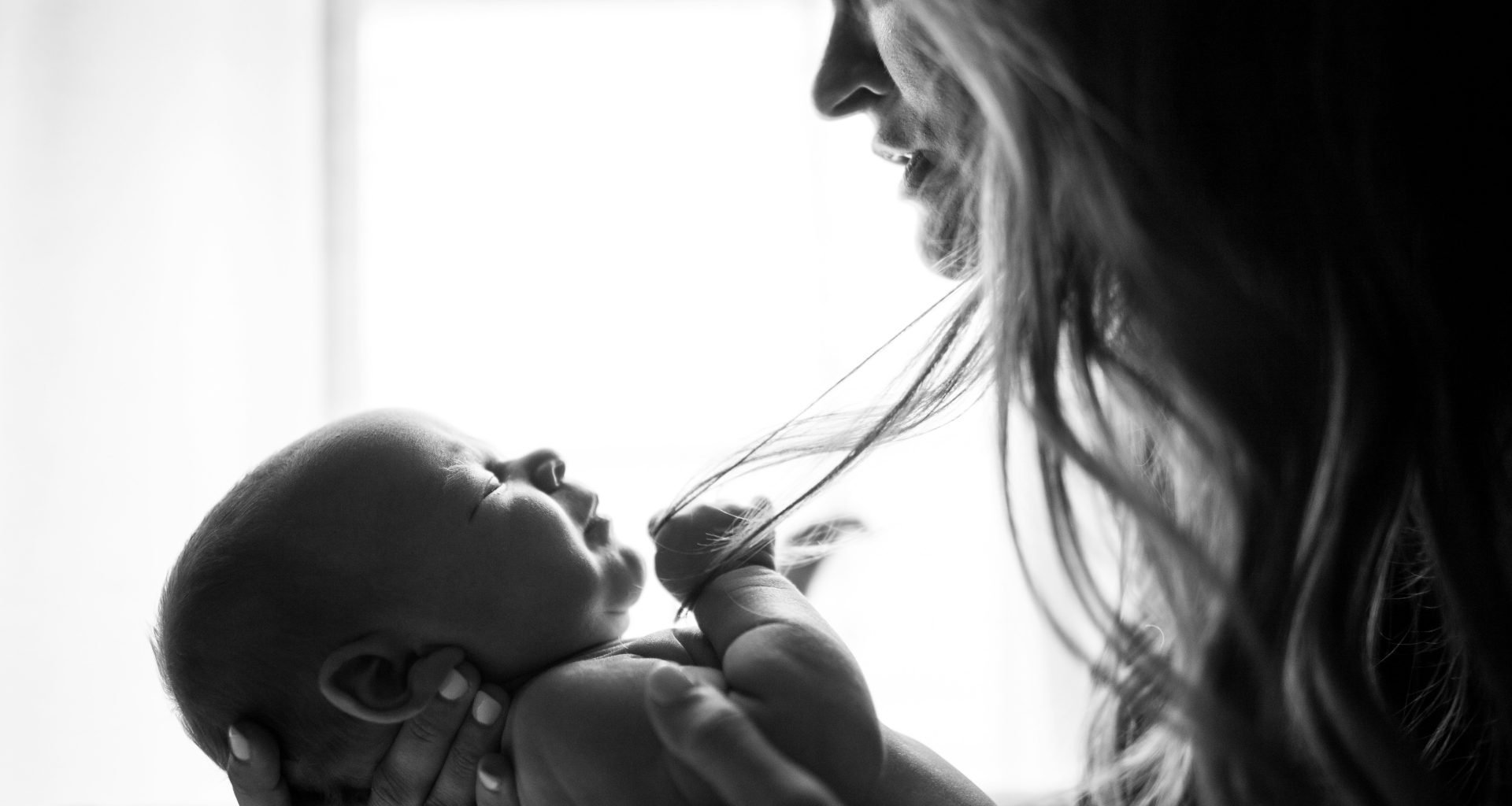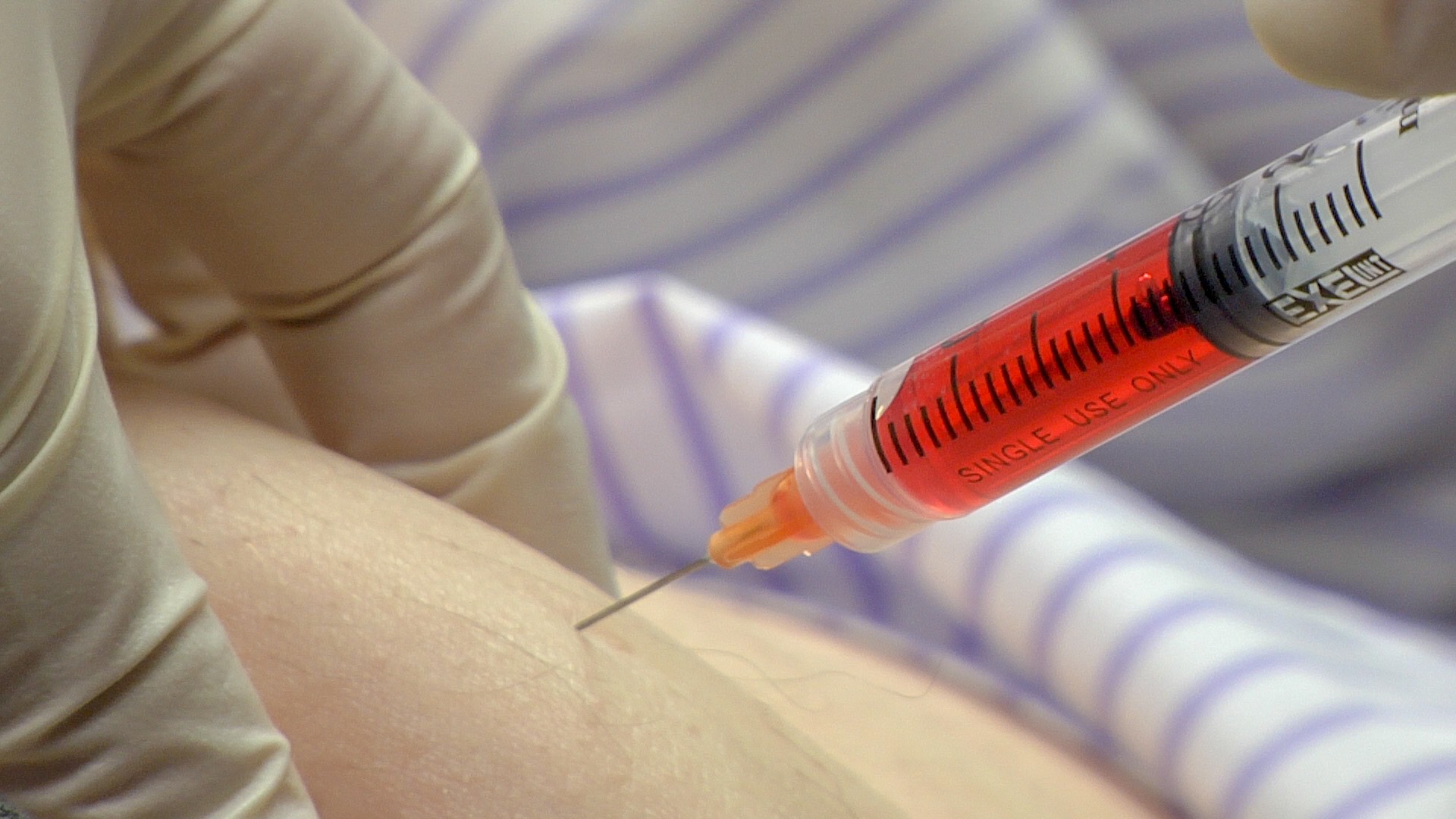Being a mother can be the most wonderful thing in the world, but it also poses potential risks to a woman’s mental health.
In the medical field, these risks are known as perinatal mental illness, a significant complication of pregnancy and the postpartum period. New and expectant mums might experience struggles with depression, anxiety disorders, postpartum psychosis, and various other conditions.
Jordan Hunter-Keeber, 23, has been a mother for six weeks. Her journey to motherhood was filled with joy, illness, and exhaustion. This led her to spend most of her time in the maternity hospital during her pregnancy.
“From the moment the pregnancy test turned positive, the questions running through my head were endless. The common ones are ‘Will I be a good mum’ and ‘How am I going to afford this’,” she said. “I didn’t get a wink of sleep. I lay there awake, keep thinking and thinking which, of course, leads to my sleep deprivation.”

Although Hunter-Keeber gave birth to a lovely daughter without complication, her pregnancy experience remains unforgettable. In addition to common symptoms such as stress, anxiety, and sleep paralysis, she also encountered hallucinations, a phenomenon that occurs in 76 per cent of pregnant women.
“The extreme tiredness and stress caused me to hallucinate twice, both in hospital on the maternity ward,” Hunter-Keeber said. “I was sat in my bed when I could hear voices. I recognised which were my parents, I heard them have a full conversation with a doctor and even heard my mums laugh.
“I completely believed they were there which resulted in my leaving my bed and searching around the ward just assuming they were hiding from me.”
In the end, she got through her pregnancy with support of her friends and family.
The story of Hunter-Keeber is not unique. Many mothers also experience perinatal mental illness. According to the National Health Service (NHS), this illness can impact up to 27 per cent both new and expectant mothers and addresses a broad spectrum of conditions. A recent study about perinatal depression showed that one in five women with perinatal mental health tends to have suicidal thoughts or self-harm acts. In a long-term, this can exert considerable effects on the baby and family.
“This is not just about the mum or the dad, this is about the entire family,” said Dr Andrew Mayers, who studies PMH. “If the mum is unwell then it’s gonna have an impact on the baby and those around her.”
Dr Mayers explained that PMH includes four main areas: postnatal depression, postpartum psychosis, maternal OCD and birth trauma. Each condition presents different symptoms and leads to diverse consequences. If perinatal mental illness is left untreated, this will lead to long-term effects on both the mother and the baby.
“One of the most obvious consequences for the mum if she is untreated, is that she is at high risk of suicide,” said Dr Mayers. “Now, we have more mums were actually dying and occasionally they would potentially harm their own child. But the impact on her can be great.”
According to Dr Mayers, about one in 10 mothers may experience postnatal depression, with postpartum psychosis affecting approximately one in 1000 mothers. Maternal OCD impacts around one in 10 to one in 20 mothers, while post-traumatic stress disorder affects a small proportion, estimated at around 4 per cent of mothers. However, many may face ‘baby blues’ — feelings of sadness that a mother may have in the first few days after giving birth, with the ratio is up to seven in 10. Therefore, supporting mothers is crucial, regardless of the specific challenges they may face.
Regarding medical facilities, they support new and expectant mums with PMH specialist’s advice, psychological therapies and mental health check with their partners. For example, Dorset HealthCare offers specialist perinatal mental health assessments, focusing on both mother and infant, and treatment for women facing serious mental issues. Women and their child also receive 24-hour specialist support in mother and baby inpatient unit at Florence House.
It is not only crucial to receive support from hospitals and mental health services, but general support groups also play an important role in assisting mothers.
The Birth Trauma Association (BTA), a mental health charity, has been founded and operated by women who have experienced birth trauma since 2004. They are the sole charity dedicated to providing support to women and families who have undergone traumatic birth experiences. Until now, they have a private Facebook group with 17,400 member.
Dr Kim Thomas, CEO of the Birth Trauma Association, said: “The group is very active and provides a supportive space where members can share their stories and offer help and advice.”
She added, “Birth trauma can feel very isolating, because family and friends often don’t understand the profound impact a traumatic birth can have, so having a space to talk to other people who understand is immensely beneficial. Women have told us the group saved their life.”
Despite the serious consequences perinatal mental health issues can have on the mother and her surroundings, there is reason for hope. Significant advancements in this field have led to increased support for women.
“We’ve got more interventions that we’ve ever had before. There is a lot more hope I think than there was,” Dr Mayers said. “A group of MPs have decided to set up an inquiry [about birth trauma]. I was at Parliament on Monday and talking to MPs about what I think needs to be done. Based on what we’re telling them, they will then report back to the government. Let’s hope it will work.”
Additionally, the NHS plans to invest more in further service developments for perinatal mental health. By 2023/24, they aim for at least 66,000 women with moderate to severe perinatal mental health difficulties to access care and support in the community.
Pregnancy and childbirth hold immense significance in a woman’s life. The experience becomes even more joyful when women receive sufficient care and can seek the help they need. Ensuring the mother’s safety also contributes to the baby’s health and strengthens family bonds.
“My baby is worth all of the above”, Hunter- Keeber said.
If you need help, please contact:
National Childbirth Trust (NCT): 0300 330 0700
Association for Post Natal Illness (APNI): 020 7386 0868
The Birth Trauma Association (BTA): 0203 621 6338
Mind: 0300 123 3393
Pre and Postnatal Depression Advice and Support (PANDAS): 0808 196 1776








